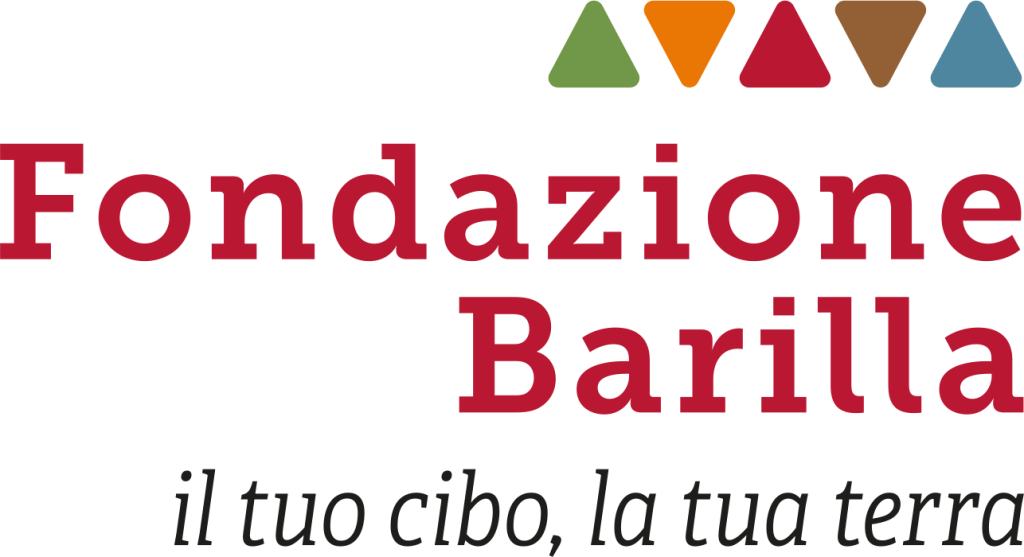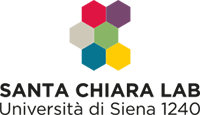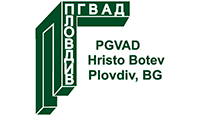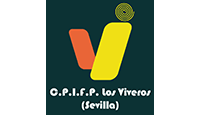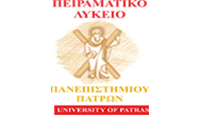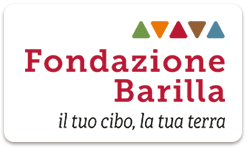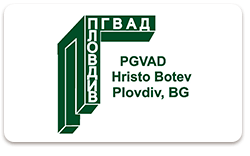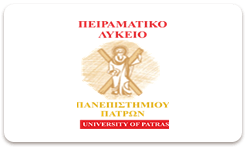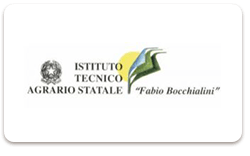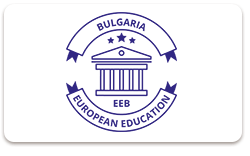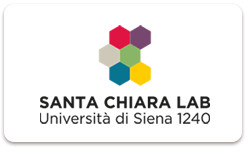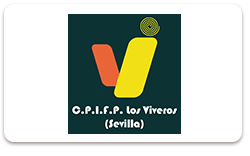Skilled through food project

Workshops at school 2023
Videos made by students
Time to vote!
The Skilled through food project wants every visitor of the platform to join the school contest by voting the best videos uploaded by the students participating to this Erasmus+ project.
You can vote every video by clicking on the stars, from 0 to 5. Voting more than once each video is not allowed by the system.
Depending on your network speed or specific system settings, you could experience a slower reaction of the stars dashboards under the video: we recommend to retry by clicking another time the star you selected to confirm the operation. When the stars fill-up in yellow, the vote is successfully registered by the platform.
Enjoy the videos and… vote!
Food and Culture
Wheat is a culture
Bread has been the main food of Bulgarians since time immemorial. It is not only the usual daily food, but is associated with many beliefs and is at the center of almost all traditional holidays.A special ritual dedicated to deceased people involves preparing boiled wheat and flavoring it with sugar and crushed walnuts.
Wheat is an important factor for civilization because it is one of the first crops with high yield and the possibility of long-term storage. It is a major source of vegetable proteins.One of the popular Bulgarian philosopher Petar Danov (1864-1944) recommended a ten-day diet to purify the body and spirit, which included apples, soaked wheat and walnuts.After grinding the grain, wheat flour is obtained, which is used to prepare various types of bread, biscuits, pasta products and others.
Today, a favorite breakfast of many people is pressed wheat grains that are soaked in hot water. Different nuts, fresh or dried fruits, yogurt and honey can be added to them.
“Turshiya” or the Bulgarian Fermented Food
Sauerkraut and fermented vegetables, which in Bulgaria are called "Trushia" have been known to mankind for a long time - more than 2000 years ago.
They have been part of the Bulgarian table for centuries. Vegetables are kept fresh for long time and do not lose the vitamins and minerals they contain.
The unique flavor comes from lactic acid or lacto-fermentation. With it the starch and the sugars in the vegetables get converted into lactic acid by a bacteria called Lactobacillus plantarum. Lactic acid is a natural preservative and inhibits the growth of bacteria that cause decay.
Fermented vegetables have antioxidant and anticarcinogenic effects. They are also a natural source of probiotic bacteria that improve the function of the immune system.
Another traditional way to preserve the valuable elements and part of the vitamins is drying fruits, vegetables and herbs.
In Bulgaria, the specific local spice is the savory which is used in almost every meal - the leaves of the plant are used to flavor legume and meat dishes. The savory is a key component and the country's unique mix of spices called "Colorful salt".
Food and Environment
Parmigiano Reggiano: farm to fork
In the video the students describe the production of Parmigiano Reggiano, from the feeding of dairy cows to the description of all the stages of the process, specific and unique, of this typical product of the Parma area.
Legumes and Sustainability
Students, in this video, explain why growing legumes is sustainable, both environmentally, economically and socially.
Food and Waste
News about Food Waste
“News Programme” about food waste and reasons that cause so big amount of it in the world. Advice of how to avoid food waste is given at the end of the programme.
To Waste or not to Waste?
What are the main types of food that are often thrown out? Who wastes food the most? What do the signs “Use by”, “Best before”, “Sell by” mean on the product?
Food and SDGs
How to save our Planet changing your diet
The aim of this video is to raise awareness that with small changes in the way we consume food on a daily basis we can contribute to improving the health of our planet.
What are we going to have for lunch today?
The aim of the task is to start thinking about food and the act of eating more deeply .Students ask themselves questions about nutrition and sustainable food. Taking responsibility is the first step to improving their health and the world where they live.
Workshops at school 2022
Videos made by students
Food and Culture
Food is Culture - The walnut
It is essential in the Bulgarian tradition to show for the next generation how it had survived through the centuries. Therefore we decided to present how a tree-the walnut tree- can represent this as an example of sustainability. This tree is linked to the tradition of Bulgarians and it is a great honour to plant one in the garden. The tree can be used for many things and in different fields of our everyday life and is not only an example of sustainability but also according to our believes the wisdom of our nation.
Food is Culture - The Bulgarian Yoghurt
The Bulgarian Yoghurt presents the tipical for Bulgaria food, thanks to which we have given something to the world. Lactobacillus delbrueckii subsp bulgaricus was first identified in 1905 by Stamen Grigorov, who named it Bacillus bulgaricus. Due to its usefulness in natural fermentation processes, specifically in how it makes fermented food products out of cow's milk, it has great economic importance. Some of the biggest importers of the bacterium are Japan, the United States, and the European Union. It is food which is healthy and made in this way only in Bulgria as it uses the bacteria which transforms the milk into yoghurt. Our tradition of food is deeply bond to this food and thus it plays a huge role in the Health of our nation.
Food and Health
A Healthy Teen Diet
It is essential in the Bulgarian tradition to show for the next generation how it had survived through the centuries. Therefore we decided to present how a tree-the walnut tree- can represent this as an example of sustainability. This tree is linked to the tradition of Bulgarians and it is a great honour to plant one in the garden. The tree can be used for many things and in different fields of our everyday life and is not only an example of sustainability but also according to our believes the wisdom of our nation.
Food and Environment
The Sustainable Use of Water
In the video, in the format of a double interview, two students discuss what water-saving behaviors are most sustainable.
Is a meat-free diet sustainable?
In the video, in the format of a debate, a group of students discuss at the restaurant if a meat-free diet is possible and more sustainable.
Food and Waste
Food and Waste
An insight into what food waste means and what the situations when people start wasting food can be. Several solutions are given in order to prevent people from producing food waste so that they become more aware and educated about saving food and at the same time caring about the whole planet.
Food Waste
Food unites everyone on our planet. We grow, produce, eat and, unfortunately also waste food. Huge amount of food waste results in wasting fuel, labour, money and water which is necessary to produce food. At the same time large number of people in the world suffer from hunger. A responsible action plan has been offered at the end of the video in order to fight hunger and decrease food waste.
Food and SDGs
Olympic race to year 2030
The video describes the actions needed to implement in our daily lives to achieve the goals of the 2030 agenda and to avoid actions that undermine the objectives proposed by the WHO.
Healthy eating and sustainable world
In the video we can learn how we can act with small actions to take care of our environment and our body. Healthy body in a sustainable world.

Disclaimer. This website is the sole responsibility of the SKILLED project and does not represent the opinion of the European Commission or of the National Agency Indire nor is the European Commission or the National Agency Indire responsible for any use that may be made of the information it contains.
The European Commission support for the production of this publication doesn’t constitute an endorsement of the contents which reflects the views only of the authors, and the Commission cannot be held responsible for any use which may be made of the information contained therein.

